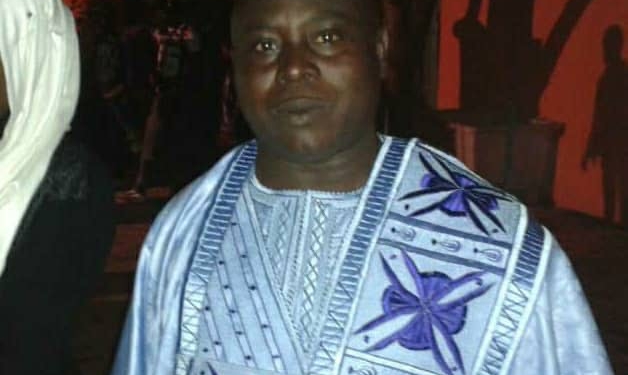By Zainab Jobarteh
“If I am supposed to be the sacrifice for Gambia to be free, then so be it.”
Solo Sandeng’s daughter remembers her father making this comment. She did not know that those words would one day ring true, and that he would pay the ultimate price in April 2016 as he led a protest to demand electoral reform.
Solo Sandeng was a fierce critic of the dictatorial regime of former President Yahya Jammeh and would not relent in his fight for freedom and fair elections.
The 58-year-old political and human rights activist and National Organising Secretary of the opposition United Democratic Party (UDP) got into trouble when he led a peaceful protest on April 14, 2016, to demand electoral reforms before the polls scheduled for later that year. Solo was among the more than 20 people who were detained, beaten, and tortured by security personnel who broke up the protest. He did not survive the brutal torture and died in the custody of the National Intelligence Agency (NIA).
For more than two months, the government refused to tell his family his whereabouts and ignored their pleas for his body to be released to them when his death was eventually confirmed. It was only after Jammeh had fled into exile that the new administration exhumed his body, which had been buried in an unmarked grave in Tanji.
Solo Sandeng has been credited with the eventual fall of Jammeh later that year. His death triggered a political movement that provoked protests and the unity of a divided opposition, leading to the election victory of President Adama Barrow and the toppling of a dictator who had ruled The Gambia with an iron fist for 22 years.
This was not Solo’s first encounter with the security forces. He was first arrested in 2007 and spent 22 days at the notorious Mile 2 Prison. He was posthumously awarded the Global Peace Award in April 2017 and the Gambian Iconic Award in March 2020. He was a member of the International Organisation for Good Templars and secretary general of the Bread Bakers Association in The Gambia.
Solo’s son, Muhammed, said his father was passionate about justice and restoring the damaged lives of the people of his country. He described him as jovial and interesting. “He just wanted to see things go right. He was a family man, an incredible person. He would read the Quran every day,”
Muhammed said Solo had a warm and loving relationship with all his nine children. He spent quality time with them, talking about a lot of things, including politics. “You would not know he was our dad if you visited our house for the first time.” He added that his father would have done anything for his family.
Speaking at the Truth, Reconciliation and Reparations Commission, Solo’s daughter, Fatoumatta fondly recalled her relationship with her father, making people laugh, but she ended up crying when the lead counsel remarked, “You must have missed him.”
Solo’s death disrupted his family. His wife and children were left to fend for themselves. They had to flee the country, fearing retribution by Jammeh’s administration. They lost their home when they took refuge in Senegal.
Solo lives in the minds of Gambians and will always be remembered for fighting to free his country from the shackles of dictatorship.






